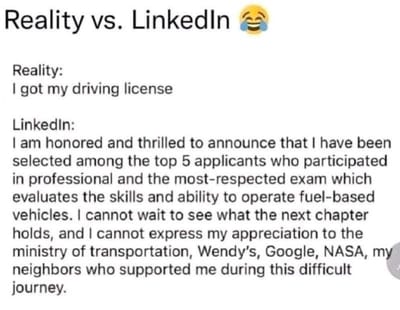You don’t have to consent. But we’d like you to consider.
My 3-year-old daughter does not like to be touched by strangers, or by new acquaintances. She takes a while to wave, say ‘hi’, and to return a smile (if ever). A hug or a kiss from, and for, a stranger or an acquaintance is rare.
When people say she’s shy, my wife and I reject the label. And we point out that she takes a while to warm up.
We don’t blame her for not “going along” (with social interactions that come with physical touch). Nor do we hurry her.
She’s 3, turning 4. She’s relatively new to this world. I call it ‘risk assessment’. Even if her parents are comfortable with these strangers, she gets to determine for herself, how soon she wants to engage with another human being.
My wife and I discussed several times — what our response should be, when she resists being touched by a friend, relative or acquaintance to the family; and by strangers we encounter together. You know that friendly pinch, that touch of the arm, the stroke of the cheek.
From the moment she developed the muscles to pull herself away from people, she got to choose. No matter how much we’d like her to be carried, hugged, embraced by our friends and relatives — She. Gets. To. Choose.
No matter how ‘bad’ we’d look as parents of an ‘unfriendly’ child.
We don’t care if people are offended by her apparent aloofness, but we do care if people who matter to us are hurt by her rejection.
There is a significant distinction between ‘offense’ and ‘hurt’. So let me be clear — it does not matter to us if, in such a context, people are offended. It only matters when people are hurt.
This article — The Worst Part of the Trump Tapes — is crucial reading for parents of young daughters.
The author describes how, from the age of 9 — she felt the social pressure to accept physical advances, and verbal imposition of men. And she felt powerless.
If we can’t tell when sexual harassment ends, we need to examine when powerlessness begins. It begins when girls are not supported in their choice. And I believe it begins as early 3 (years of age).
So — my wife and I instruct our daughter, that it is ok if she chooses not to be touched by anyone at any time. And that she does not have to engage with anyone beyond a polite decline. With both friends (to her parents) and strangers — she gets to choose. She doesn’t have to consent.
Here is another significant distinction — a refusal to consent is not absent of obedience.
However… we do ask her to always consider — Who is the other party to her? And to her parents? What is the context? How would the other party feel?
And after she considers, she gets to choose to be carried, or not; to be touched, or not; to be kissed, or not.
If — after consideration — she behaves in a way that my wife and I are uncomfortable with, we start a conversation with her, and we examine how the other party may feel; and what impact it may have on our relationship. And even then, she gets to choose.
The author describes the encounters she had with boys and men at the age of 9, 12, 14, 16, 18, 23…… And how her own mum did not take a stand for her. Similarly — I observe many parents refusing their daughters a choice; in the name of social grace, politeness, respect for others, and obedience.
At age 6, when I was in primary school, one of my classmates peeked at a girl changing her clothes behind a flimsy make-shift changing room formed by room dividers. I fought him hard.
My wife is occasionally concerned when I explained that I will be excruciating towards any man that would harm my daughter. My fight against people who would abuse women is not only intense. It is long. And I do not believe I am alone.


